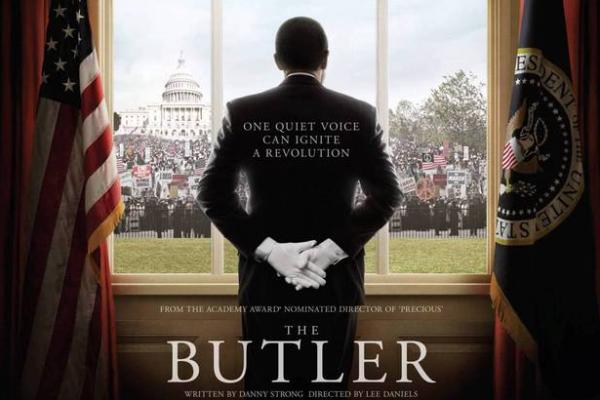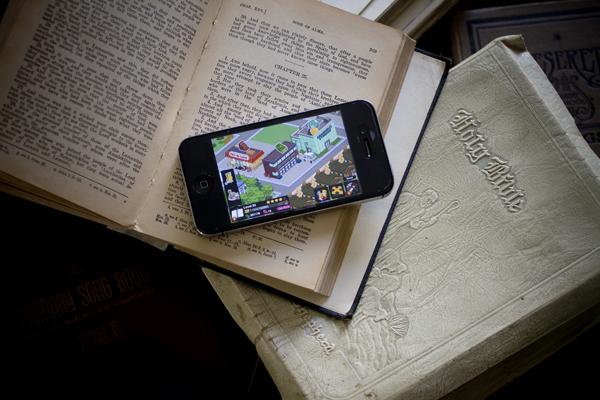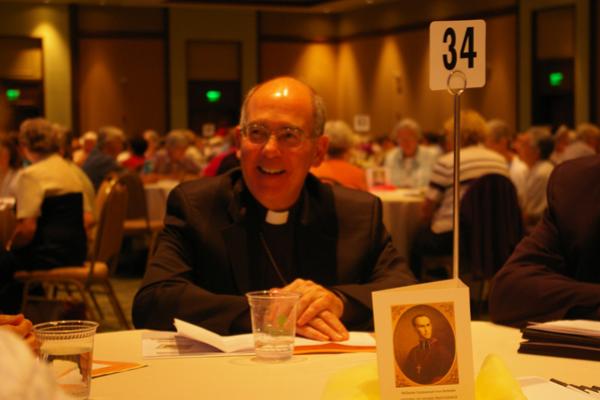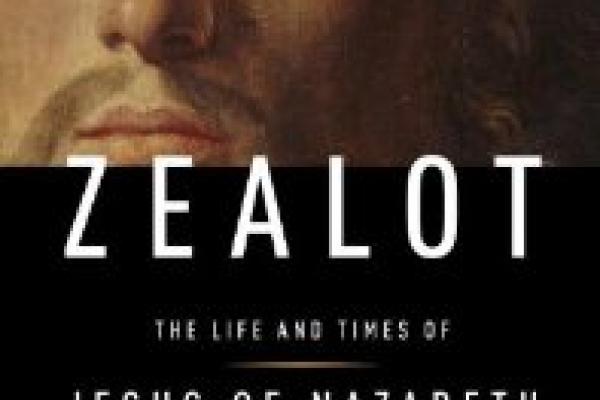As people stepped on our toes and stood anxiously in front of us, waiting to exit the crowded theater, three of us sat weeping at the close of Lee Daniels’ The Butler. Even now, as I recall that moment, it brings tears to my eyes.
How do I describe the movie? Utterly intense. Remarkable. Heartbreaking. Inspiring. A genius capturing of the complexities of the Civil Rights Movement, of the history of race in America in the 20th and early 21st centuries, of presidential decision making, and of family.
I sat next to my colleague, Lisa Sharon Harper, who sobbed at the violence, tragedy, and passionate courage displayed on screen. It was a challenge. To be a white woman sitting next to an African-American woman as she wept over the suffering of her people — often at the hands of my people. It was neither her nor I who had perpetrated these specific acts, but we are certainly still caught in the tangled web of systemic racism and the histories that our ancestors have wrought us.
Even as we had waited in the theater prior to the movie's start, we spoke of serious subjects. She shared some of her lineage and the challenges of legal records that simply do not exist when ancestors are slaves or perhaps a Cherokee Indian who escaped the Trail of Tears in Kentucky and suddenly appears on the U.S. Census in 1850 as an adult. We spoke of her leadership in the church, and I encouraged her to continue speaking even though she is one of the lone women who graces the stages in front of national audiences. I told her, "You must do this so that other women who come after you can do this. You must do this for women right now. You must do this so that I can do this." We bonded over being women in ministry.
And then the separation came. I do not know Lisa's shoes — the road that she walks due to the color of her skin. I see her in all of her glory — passion, intelligence, creativity — and not in all of her blackness. Our world sees her with racial eyes.
So, I'm wrangling with Lillian Daniels. Smart. Savvy. Informed. Yep. I respect her a great deal. And I disagree with her assessment of the "Spiritual But Not Religious" Thang almost completely. In a recent email exchange (where I got rather worked up, I admit), I offered a response to a comparison a friend made between Jonathan Wilson Hartgrove and Lillian Daniels, their visions, and their understanding of Christian community (Johnathan, for those who don't know, is a Baptist minister and new monastic serving at Rutba House).
Jonathan is a monastic. He has a very rigorous sense of a call to Christian community, of how one follows the way of Jesus the Christ. Read the twelve marks of a new monasticism and get a sense of his understanding of Christian "intentional" community. My understanding from Daniels' work is that it is far more rigorous than her congregationalism (even though the UCC has roots in a congregationalism that might today be called monastic if they were to live into the fullness of it.)
Tyler Woolstenhulme might be loath to admit it, but sometimes he’s not paying attention in church. He will happily confess that he’s not the only one.
The 31-year-old Mormon has more than once sat in the pew of his congregation in Sandy, Utah, and let his mind wander. When that happens, he pulls out his iPhone and sometimes plays his puzzle game, “1to50.” Or maybe he texts his friends across the aisle.
“I take the time in church to catch up with people I haven’t contacted in a while,” he said. “I text friends or family.”
Licensed therapists are banned from using conversion therapy to try to change a child’s sexual orientation from gay to straight under a bill Gov. Chris Christie signed Monday, making New Jersey the second state to prohibit the practice.
But a national Christian legal group that blocked an identical law from taking effect in California earlier this year vowed to sue New Jersey, saying the legislation violates the First Amendment rights of parents and therapists.
The new law prevents any licensed therapist, psychologist, social worker or counselors related to these professions from using sexual orientation change efforts with a children under age 18.
U.S. Catholic nuns — accused by Rome of “radical feminism” for advocating social justice at the expense of issues such as abortion, gay marriage, and euthanasia — responded to a Vatican knuckle rapping with a brief, conciliatory statement on Monday.
After its four-day annual assembly, the board of the Leadership Conference of Women Religious, which represents 80 percent of the nation’s 57,000 sisters, emphasized the positive, and remained tight-lipped about negotiations to resolve the investigation.
Reza Aslan begins of his book, Zealot: The Life and Times of Jesus of Nazareth, with a prescient warning: “Scholars tend to see the Jesus they want to see. Too often they see themselves—their own reflection—in the image of Jesus they have constructed” (xxxi).
I don’t think Aslan had himself in mind when wrote that statement, but you should be warned: the Jesus in Zealot is Aslan’s own false construction.
His central thesis is that the Jesus of history, and the God Jesus believed in, demanded violence in the face of political and religious oppression. Here’s one of the relevant passages:
[F]or those seeking the simple Jewish peasant and charismatic preacher who lived in Palestine two thousand years ago, there is nothing more important than this one undeniable truth: the same God whom the Bible calls a “man of war”(Exodus 15:3), the God who repeatedly command the wholesale slaughter of every foreign man, woman, and child who occupies the land of the Jews, the “blood spattered God” of Abraham, and Moses, and Jacob, and Joshua (Isaiah 63:3) the God who “shatters the heads of his enemies,” bids his warriors to bathe their feet in their blood and leave their corpses to be eaten by dogs (Psalm 68:21-23)—that is the only God that Jesus knew and the sole God that he worshipped. (122, emphasis in the original.)
The problem that I have with this passage is indicative of the problem that I have with the way Aslan constructs his Jesus. He constantly picks and chooses which verses from the Bible he uses to support his claim that Jesus was a warrior messiah whose goal was to violently overthrow the Roman and religious establishment. He peels away all passages that conflict with his construction so that he can show us what Jesus was truly like.
Well, what Aslan thinks Jesus was truly like.
A new study of almost a century’s worth of data shows that the smarter you are, the less likely you are to believe in God.
The study, conducted by Miron Zuckerman, a psychologist at the University of Rochester, examined the findings of 63 earlier studies — one dating back to the 1920s — that measured intelligence and religiosity. The majority of those studies found that more intelligent people were more likely to lack religious beliefs.
“The relation between intelligence and religion is negative,” Zuckerman said. “It was very early in the study that we realized that.”
But Zuckerman is careful to point out that his work — known as a “meta-study” because it examines a range of other studies — does not mean only dumb people believe in God.
Rather, he said, it shows only that more intelligent people may have less need for religion.






